Victoria Macapagal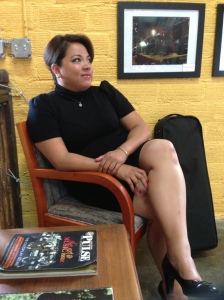
Title – Office Administrator
Organization/Agency – Mothers Against Drunk Driving, New Mexico State Office
Hometown – All over the world – seriously
Why did you choose to work in the nonprofit field? I never imagined myself working in the nonprofit field. I certainly never expected to work for an organization quite like Mothers Against Drunk Driving. I’d like to think that the people I’ve met in this field and had the opportunity to work with have helped me solidify the “why”. It is an extraordinary opportunity and such an amazing experience that I hope to keep growing with.
What inspires you about your work? My inspiration comes from the victims and their families. They have the strength to come back from unexpected tragedies and make a difference in our community. They have the courage to teach others, who have not experienced the heartache, to prevent drunk driving by sharing their stories. And they have the compassion to try and forgive the horrible circumstances they have endured.
What impact does your nonprofit have in the community? Mothers Against Drunk Driving’s mission is to eliminate drunk driving, support the victims of this violent crime, and prevent underage drinking. We work every day to raise awareness, planning events in victims’ services, running fundraisers like Walk Like MADD, and even putting on presentations of prevention programs. We also have volunteers showing support to our officers at checkpoint locations. As a nonprofit organization, we impact our community by showing the support for those in need and in return that support reaches out to others, who may not even know about us.
Why do you feel it’s important for young people to work in social profit professions? I think it’s an exceptional experience to learn what it takes to make a new change in our community. Especially with an organization like MADD, I feel as though we lead by example for the next generation. As a young person in a social profit profession, we are the role models to someone or a group of people no matter the age because we are constantly watched. I know I’m always watched by my family, friends, and anyone I cross paths with. This gives the opportunity to showcase our passion for change.
How do you avoid burn out and where do you get support? Every day we face new challenges and the way I avoid burning out is to turn that challenge into a learning/interactive experience for myself, and anyone who wants to participate. The team I work with shows great strength and great personality, so it’s almost impossible to burn out. But in the event that I do get overwhelmed, I know a few of them know me well enough to distract me or put a smile on my face. However, my advice on avoiding burn out is to do something that you really enjoy and something that really helps you gather your thoughts. Find the path that reassures why you are doing what you’re doing or truly shows who you are.
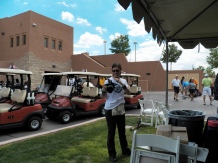
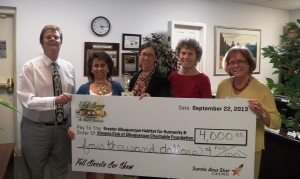
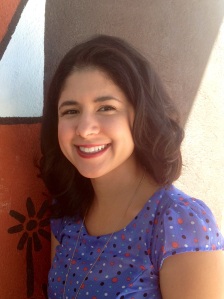
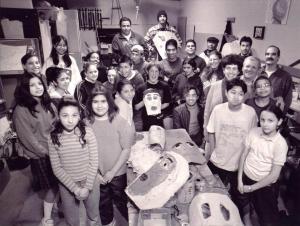

You must be logged in to post a comment.